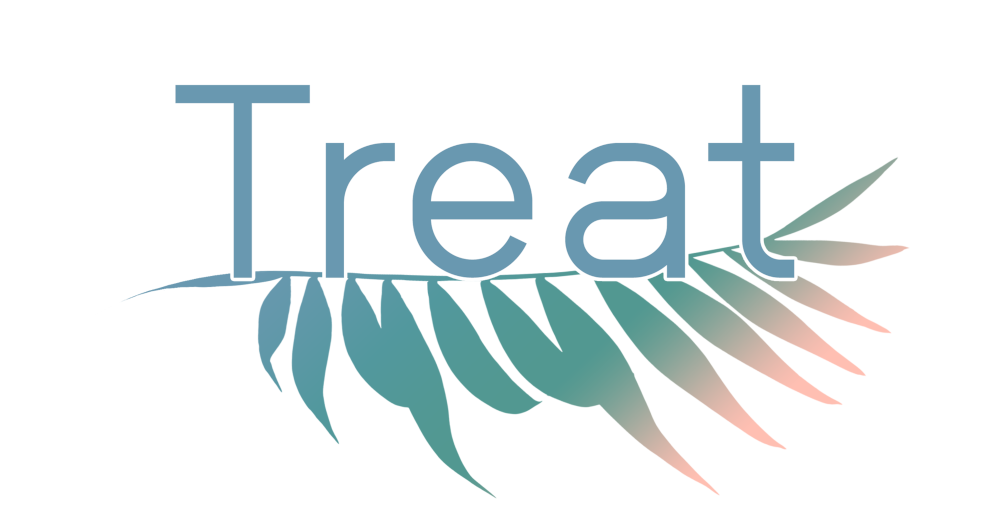Complementary Therapy Week 20 - 26 March 2025
The Importance of Complementary Therapy
Complementary therapy is known by many different terms, including complementary medicine, alternative therapy, alternative medicine, holistic therapy and traditional medicine.
A wide range of treatments exist under the umbrella term ‘complementary therapy’, which makes it difficult to offer a blanket definition. Complementary therapies are used alongside conventional medicines or treatments.
Complementary therapies tend to share a few core beliefs, including:
- Illness occurs if the body is out of balance.
- The body can heal itself and maintain a healthy state if given the right conditions.
- The whole person should be treated, not just the disease or the symptoms.
- The gentlest therapies must be tried first before harsher ones.
- There is no quick fix, since healing and balance take time.
- Natural products are preferable to synthetic ones.
- Why people use complementary therapies
- People may have more than one reason for trying a complementary therapy.
Some of the reasons include:
- Achieving and maintaining good health.
- Helping them perform everyday tasks.
- Feeling dissatisfied with NHS waiting times.
- Wanting to take charge of their own health and medical problems.
- You're on a waiting list for treatment, but you need help to manage your symptoms right away.
- You want more options to try in addition to the treatments your doctor has offered.
- You want to take another approach to looking after your mental health.
- Having access to consumer health information on the internet.
- Reading evidence of the benefits of complementary medicines and therapies.
- Feeling dissatisfied with limited success rates or adverse side effects of prescription medicines.
- Wanting to receive healthcare that treats the whole person them and their symptoms.
- Many complementary therapies concentrate on boosting relaxation and reducing stress. They may help to calm your emotions, relieve anxiety, and increase your general sense of health and well being.
Why is the holistic approach important?
A holistic approach to health is essential to address the leading cause of the problem. It takes everything into account from nutrition, lifestyle, symptoms and signs of dis-ease in the body and mind and encourages people to take charge of their health and well-being. It is also essential to prevent illnesses and find long term solutions for existing illnesses.
Holistic healthcare recognises the connection and balance between physical, mental and emotional wellbeing. It looks at the interaction between different conditions and wellbeing factors to treat a whole person.
There was a growing desire for a healthcare approach that felt more natural and empathetic, which is precisely what holistic therapy offers.
These sentiments persist today. With prolonged waiting times for conventional medical treatments and apprehension about the future of mainstream healthcare due to budget cuts, many individuals are turning to holistic therapy as an alternative.
For some, holistic therapy complements traditional medical treatments to manage chronic conditions (complementary therapy), while for others, it serves as their primary form of treatment (alternative medicine).
Regardless of how it is utilised, holistic therapies have shown promise in alleviating various health concerns and supporting overall well-being across different stages of life.
Holistic therapy can be personalised to meet individual needs and preferences, empowering patients to take charge of their healthcare decisions. It's no surprise, then, that holistic therapy enjoys widespread popularity.
Are Complementary Therapies safe?
Complementary therapies are viewed as safe, gentle or natural. However, this does not mean that they may not have their own side effects and this is why you should only use experienced and qualified therapists. Your therapist will ask you questions about your health and lifestyle prior to commencing any treatment and they will also monitor your response to your chosen therapy.
Some of the more popular complementary therapies include:
- Acupuncture
- Massage
- Reflexology
- Psychotherapy, EMDR
- Aromatherapy
- Nutritional Therapy
- Hypnotherapy
- Meditation
- Life Coaching
- Pilates and yoga
To book a Complementary Therapy:


